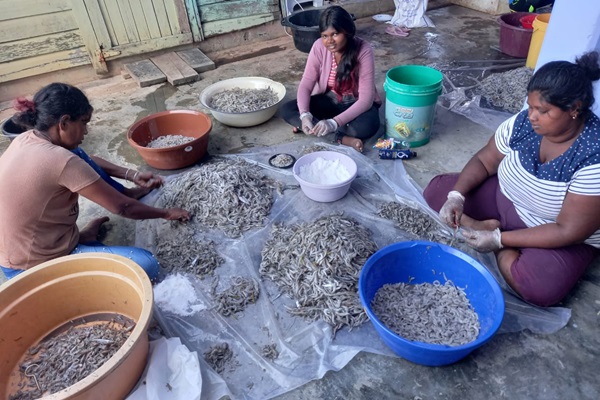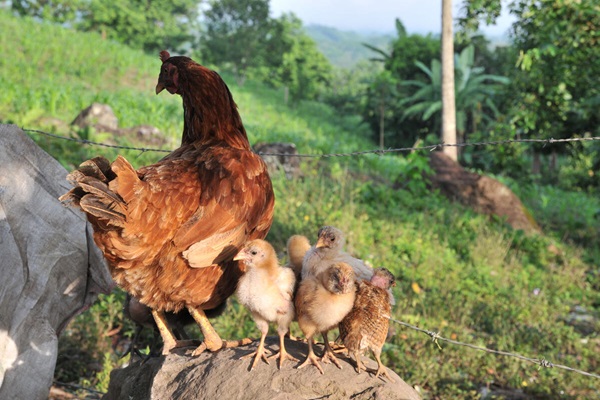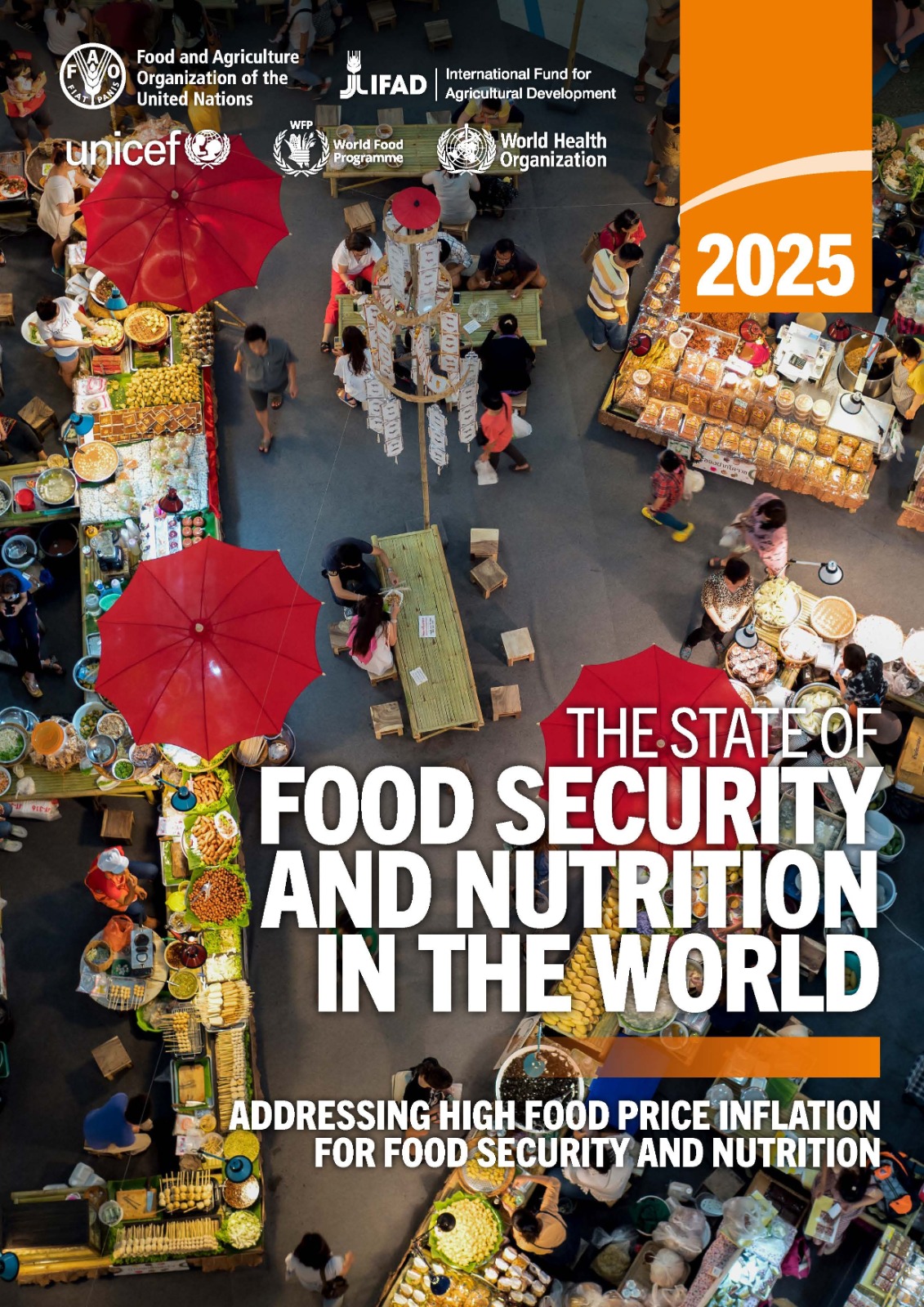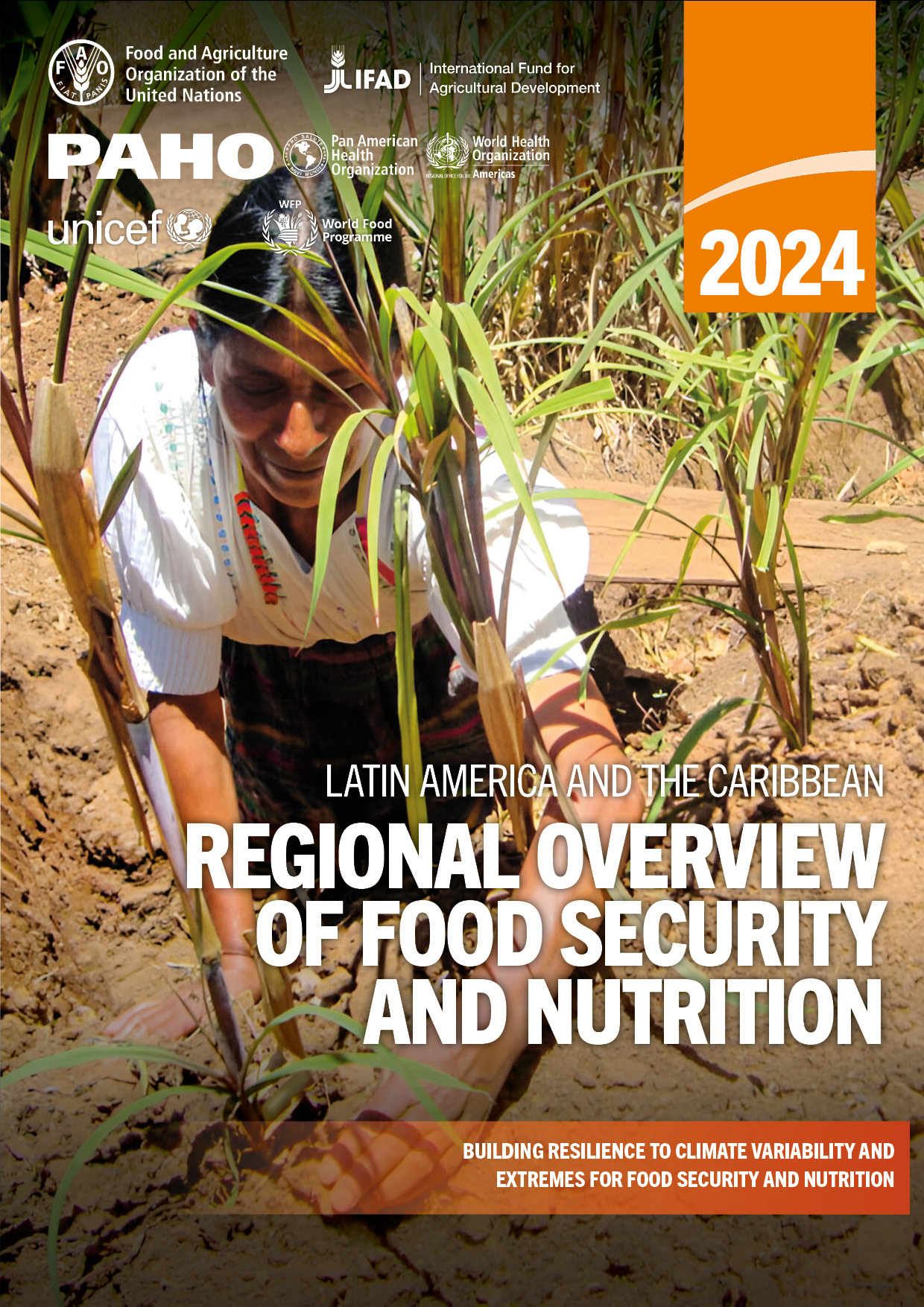FAO Sub-regional office for the Caribbean
FAO's Subregional Office for the Caribbean (SLC), founded in 1996, is located at the UN House in Barbados. Headed by a Subregional Representative (SRC) and staffed by a Multidisciplinary Team (MDT) and an Administrative Unit, the office is tasked with carrying out FAO's global mandate in the region by
- putting available and accessible information within reach of all concerned stakeholders:
- providing policy and strategic advice and sharing expertise;
- providing a meeting place for nations;
- bringing knowledge to the field, especially international best practices.
Highlights
Stories
Publications
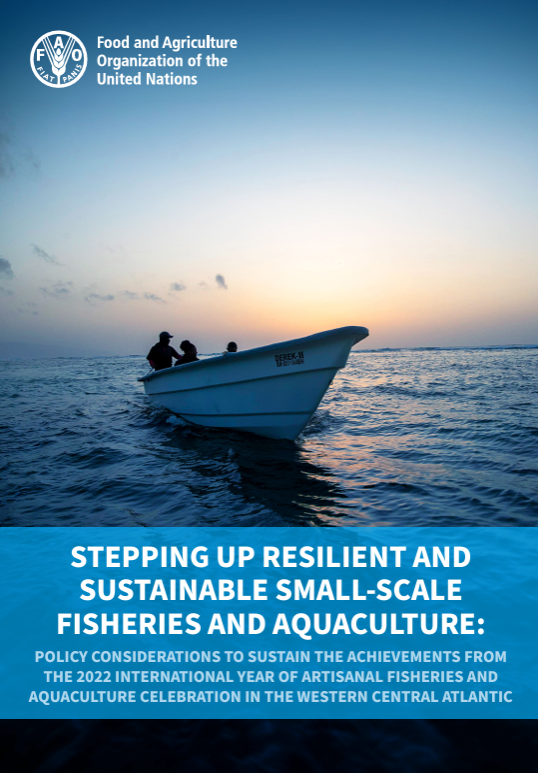
Stepping up resilient and sustainable small-scale fisheries and aquaculture
19/03/2024
The theme for the IYAFA celebration in WECAFC was ‘Resilience and Recovery,’ with a specific focus on gender and youth. The selection of Resilience...
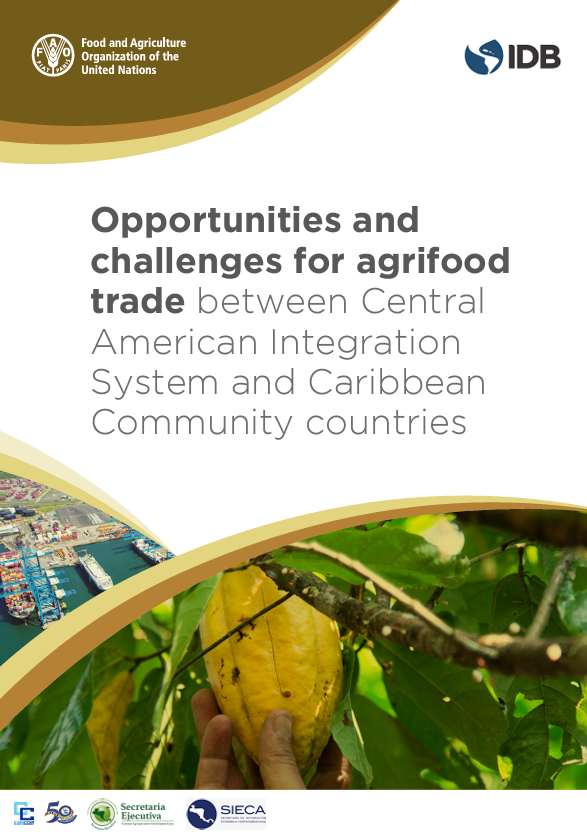
Opportunities and challenges for agrifood trade between Central American Integration System and Caribbean Community countries
01/02/2024
This study responds to the proposal made by the Secretariat of the Central American Agricultural Council (SECAC) and the Secretariat for Central American...
FAO experts' opinion
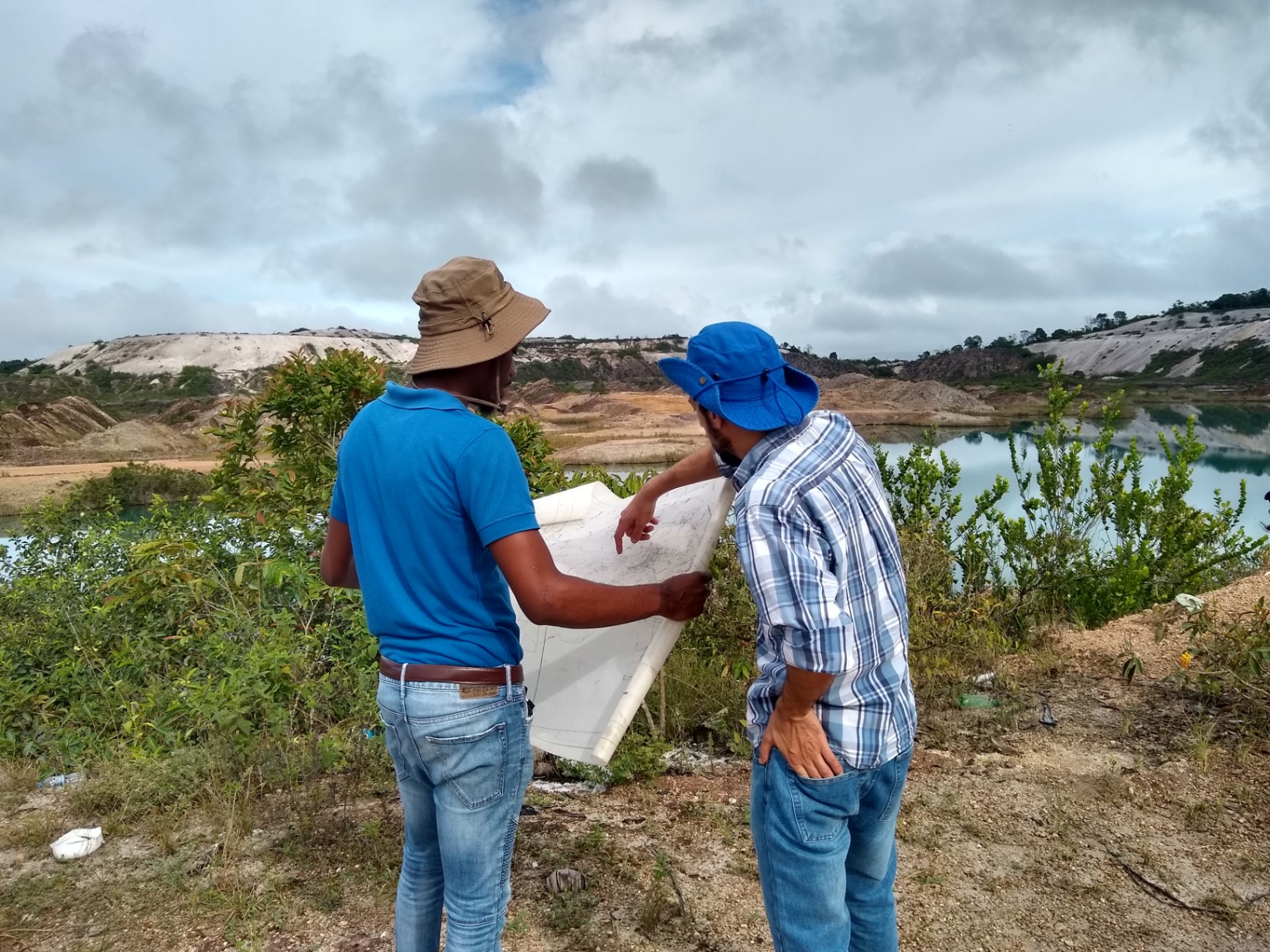
Addressing Land Restoration, Desertification, and Drought Resilience in Guyana
By Dr. Gillian Smith, FAO Representative
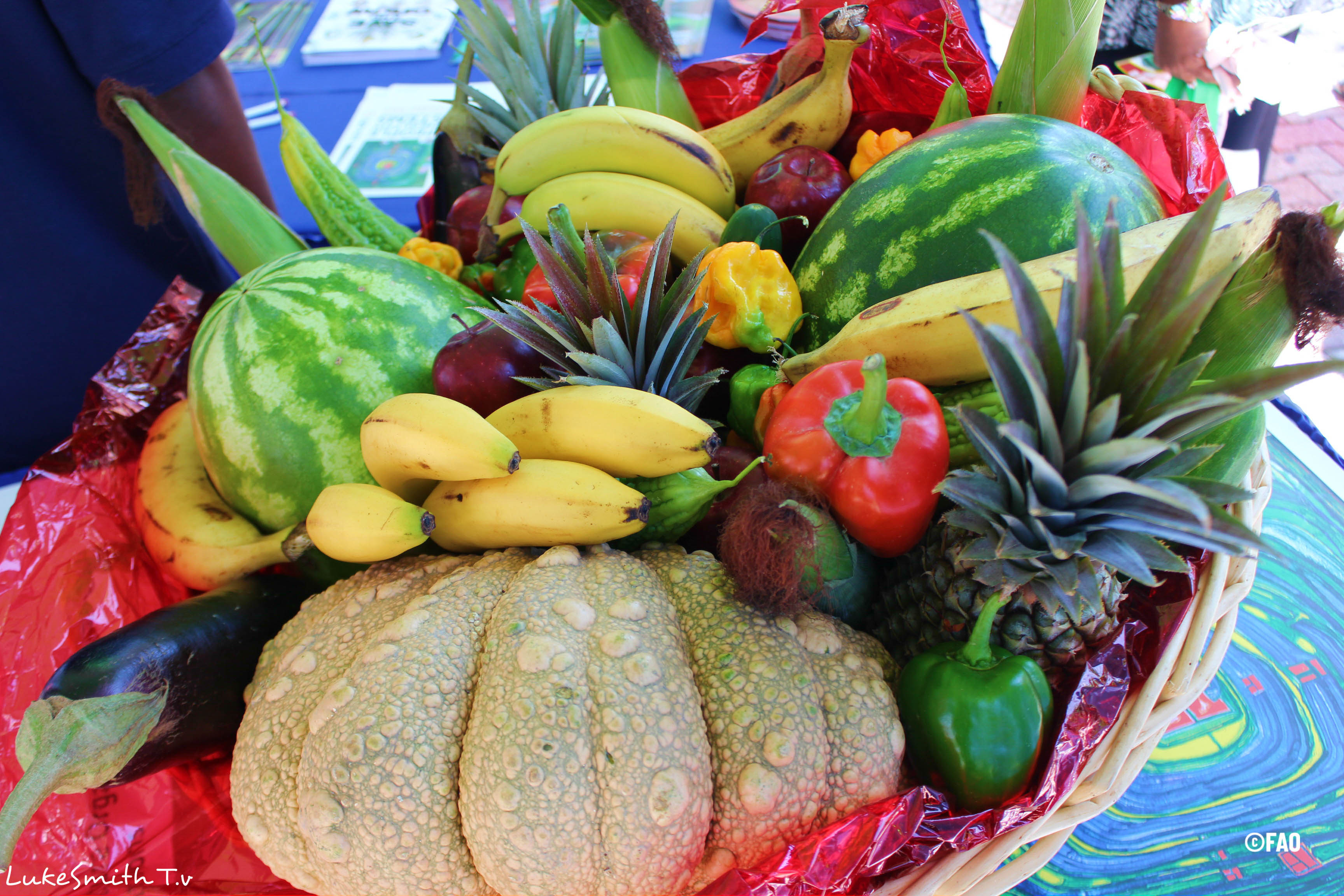
5th World Food Safety Day - Prepare for the Unexpected
By Dr. Renata Clarke and Dr. Lisa Indar
Multimedia
Our Team
.jpg?sfvrsn=b1570131_1)
Renata Clarke
Sub-Regional Coordinator for the Caribbean
Dr. Renata Clarke has worked at the FAO Headquarters in the area of Food Safety for the past 22 years. She was Head of the FAO Food Safety and Quality Unit from 2011 to 2019, when she assumed the position of FAO Sub-regional Coordinator for the Caribbean.
In her capacity as Head of the FAO Food Safety and Quality Unit, Dr. Clarke led the Organization’s Programmes in developing the Member States’ capacities to assure the safety of food supplies. She also provided strategic oversight to the FAO Programme for the Provision of Food Safety Scientific Advice, which undertakes the risk assessments that underpin Codex standard setting and food safety policy in many countries.
In her current role as Sub-regional Coordinator for the Caribbean, Dr. Clarke oversees the FAO Programme of work across the 13 English-speaking countries of the Caribbean. She is responsible for the strategic visioning for FAO’s programmes, for ensuring effective collaboration with regional bodies and managing a Multi-Disciplinary Team of Experts that supports programme implementation.
Dr. Clarke holds a PhD in Food Science and Technology from the Technical University of Nova Scotia and a Bachelor of Science in Chemistry from the University of the West Indies.
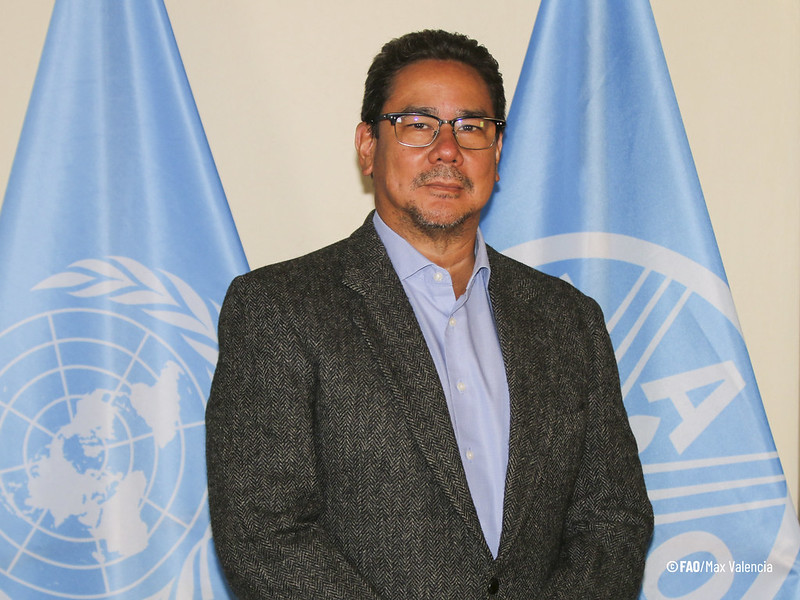
Juan M. Cheaz Peláez
FAO Representative ad interim in Barbados
Juan M. Cheaz Peláez is an Economist from the Dominican Republic. He earned his Master’s Degree in Development Studies, with specialization in Industrialization policies and International trade (1991), from the Institute of Social Studies / ERASMUS, The Netherlands. He graduated as an Economist (1989) from the Technological Institute of Santo Domingo, Dominican Republic.
In February 2022, he was appointed as the Food and Agriculture Organization Representative ad interim to Barbados, currently based in Bridgetown. From 2018 to 2019, he was also Representative a.i. to Jamaica, Belize, and The Bahamas, based in Kingston. He joined the UN family in September 2018, and has since then performed as the Trade and Markets Officer for the Caribbean, leading the organization’s value chain development program in the region.
His focus is on supporting the development of more competitive and resilient agricultural value chains across the Caribbean and promoting multi-stakeholder collaboration and public-private partnerships, to help drive agricultural industries and agribusiness, in a more efficient and inclusive way.
Before joining the FAO, he worked as Senior Agricultural Policy and Value Chains Coordinator and Caribbean Programme Coordinator, at the Technical Centre for Agricultural and Rural Development CTA-ACP/EU Cotonou Agreement (2014-2017). He designed and managed CTA’s Business Plan for the Caribbean and coordinated the global knowledge management component of an Agricultural Policy Program for Caribbean and Pacific countries.
While at Oxfam Great Britain (2002-2008) he served as a Regional Policy Coordinator and Policy and Practice Change Manager for Rural Livelihoods in Mexico, Central America, and the Caribbean. He participated actively in global campaigns to make trade fair; coordinated Oxfam’s support to the joint Oxfam International program in Cuba; and represented the organization as a member of the Steering Committee and Technical Team of the Sustainable Food Lab, a global multistakeholder coalition to help build know-how, tools and partnerships for sustainable farming and supply chains of the future.
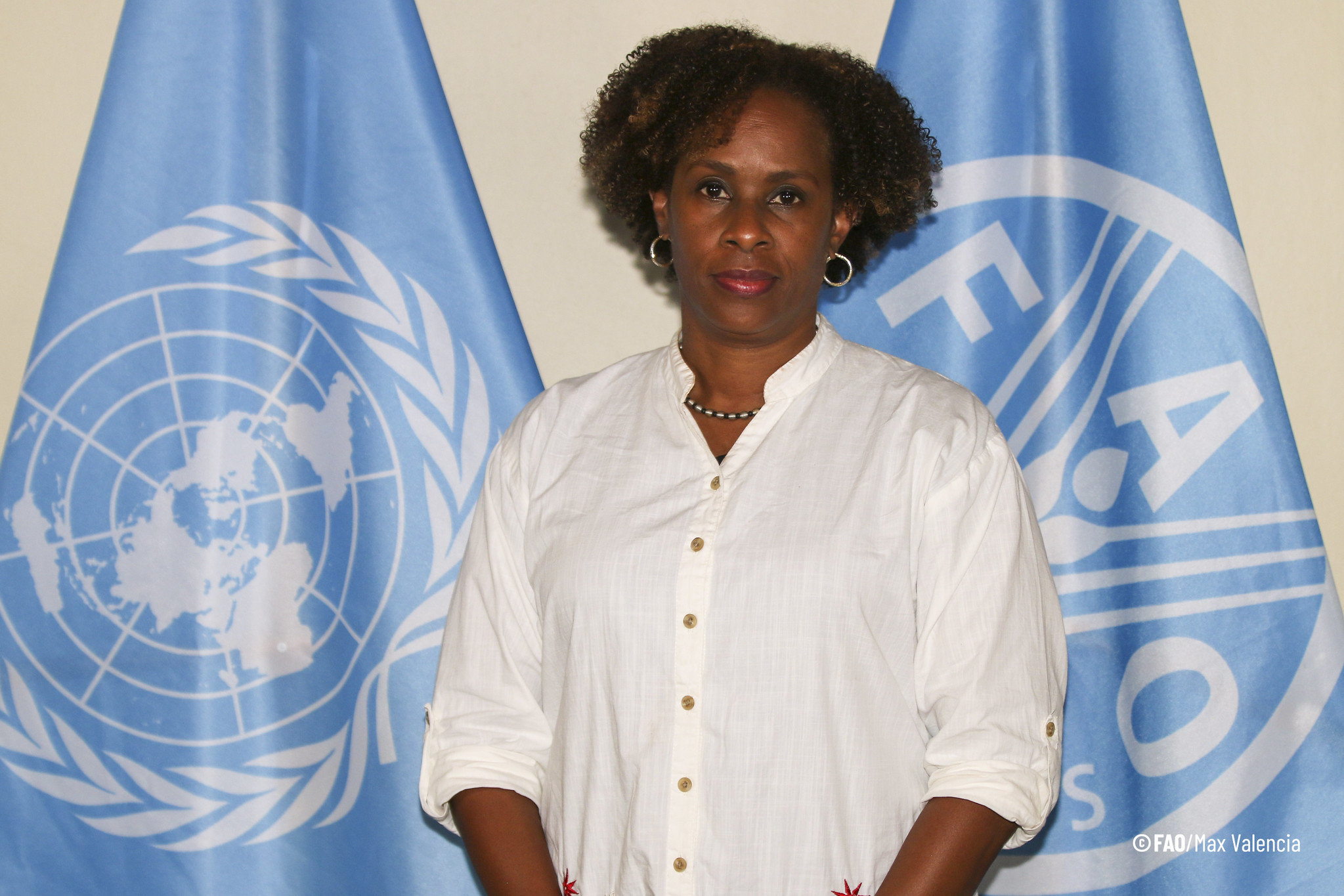
Gillian Smith
FAO Representative in Guyana and Representative ad interim in Trinidad and Tobago and Suriname
Dr. Gillian Smith is the FAO Representative in Guyana since December 2018, and holds a PhD in Marine Science from the University of the West Indies. She has worked in fisheries management and aquaculture, Quality Management, and has more than 25 years of experience in project and programme management.
Dr Smith has worked with the Food and Agriculture Organization of the United Nations for over 14 years, leading programme development and implementation in several countries of the Caribbean, engaging with governments and other stakeholders in a wide range of areas covered by the Organization and in alignment with national and regional priorities. Dr Smith has also worked at the sub-regional and regional level of the FAO, developing Country Programming Frameworks and supporting the design of FAO’s Caribbean sub-regional priorities, and worked on initiatives to enhance alignment and synergies between the Caribbean and Latin American work programme.
Dr Smith is committed to promoting sustainable approaches to development, recognizing and respecting the views and aspirations of all stakeholders (especially the voiceless and most vulnerable) in the development process. Her abiding interest is to continue active engagement in development, ensuring that equity and social justice inform choices and responses. She is confident that people have within themselves an often unexplored capacity for doing better.
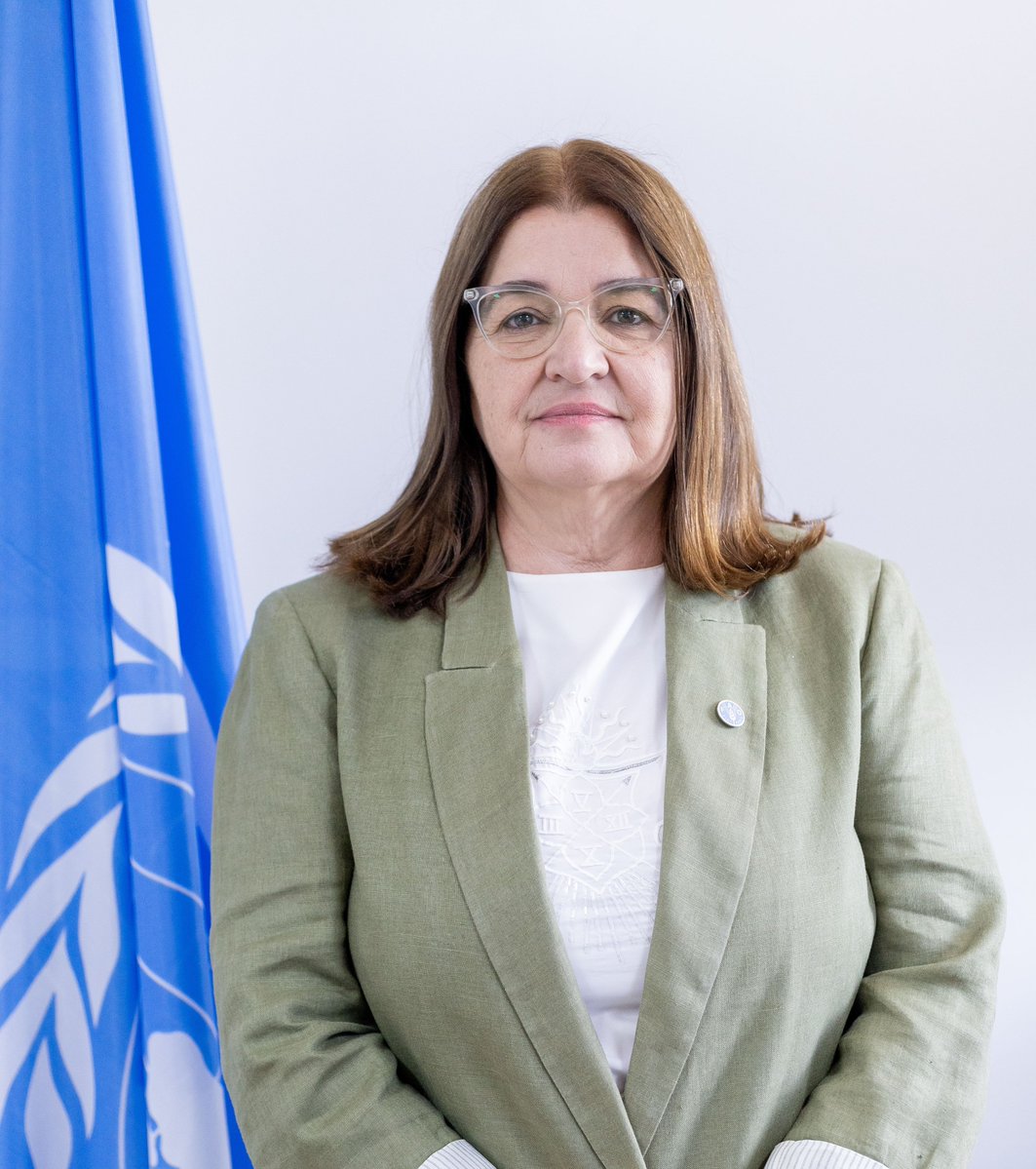
Ana Touza
FAO Representative for Jamaica, The Bahamas and Belize
Dr. Ana Touza is the FAO Representative for Jamaica, The Bahamas and Belize. A rural sociologist and gender specialist with over 20 years of experience in international development, she holds a PhD in Social Sciences from the Latin American Faculty of Social Sciences (FLACSO). She has worked across Latin America, Africa and the Caribbean, leading research and programmes on inclusive agriculture, gender equity and sustainable food systems.
Dr. Ana Touza is the FAO Representative for Jamaica, The Bahamas and Belize. A rural sociologist and gender specialist with over 20 years of experience in international development, she holds a PhD in Social Sciences from the Latin American Faculty of Social Sciences (FLACSO). She has worked across Latin America, Africa and the Caribbean, leading research and programmes on inclusive agriculture, gender equity and sustainable food systems.
Key Documents
Related links
Countries
Contact
Communications Specialist
FAO Subregional Office for the Caribbean
2nd floor, United Nations House, Marine Gardens, Hastings
BB11000 Christ Church
Barbados
Mailing Address:
P.O. Box 631-C, Bridgetown
Telephone: +1-246-4267110
Fax: +1-246-4276075
E-mail: [email protected]

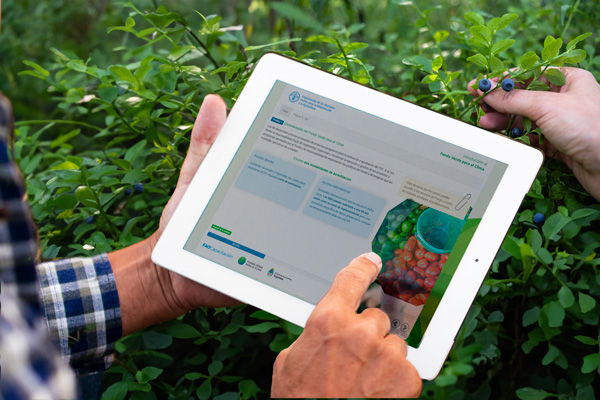

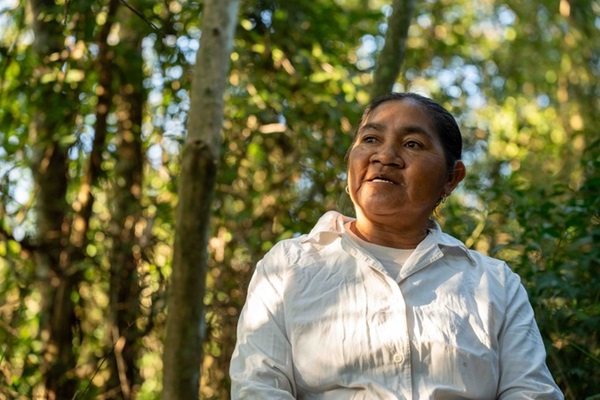
.tmb-th600x400.jpg?Culture=en&sfvrsn=40fbbcfd_3)
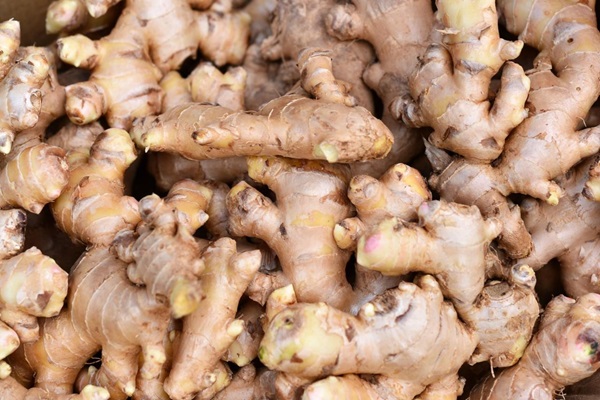
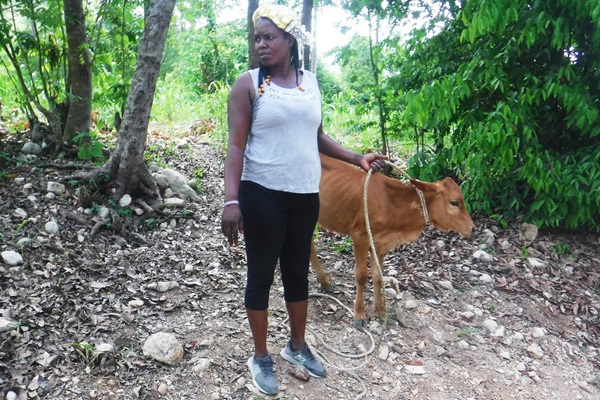
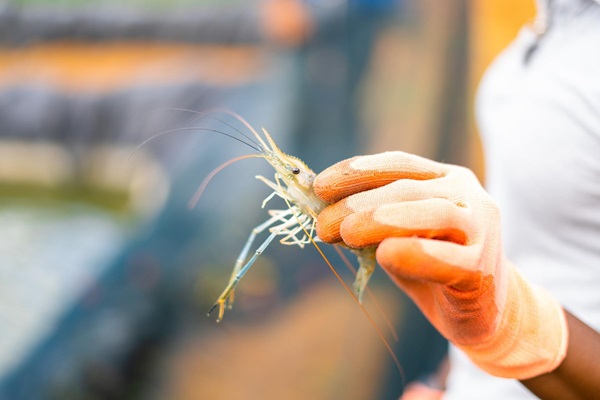
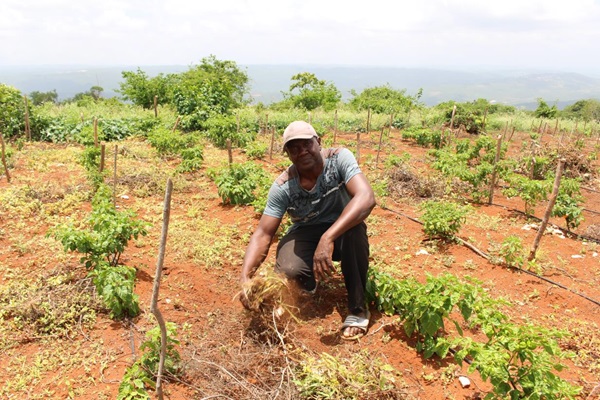
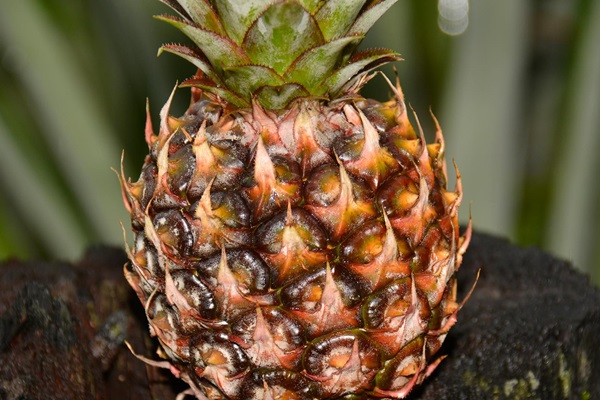
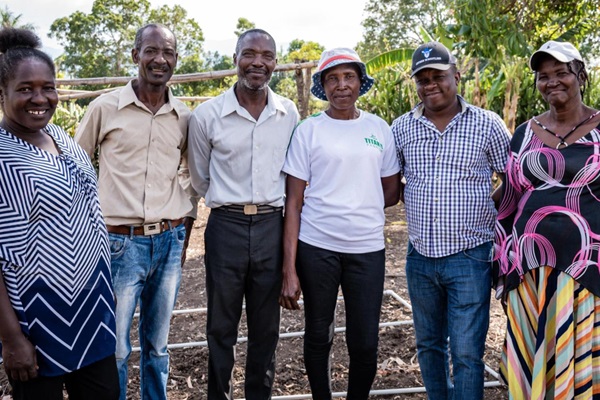
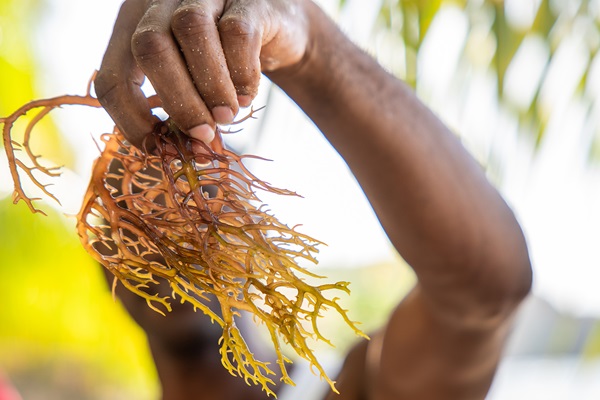
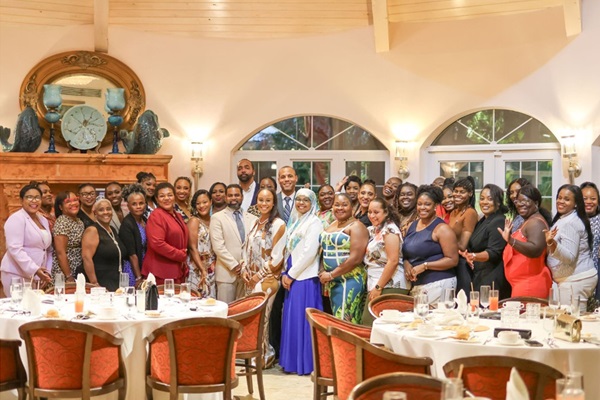
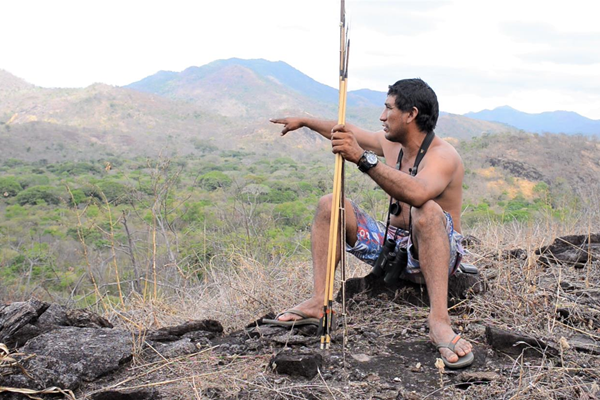
.tmb-th600x400.jpg?Culture=en&sfvrsn=77a94f3f_3)
-(1).tmb-th600x400.jpg?Culture=en&sfvrsn=289bc1c0_1)
